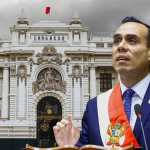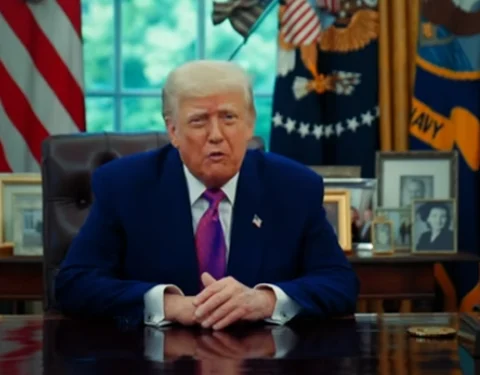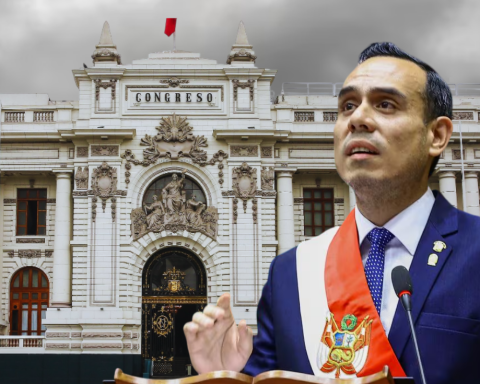First, in both Russia and Mexico the oligarchs made their fortunes thanks to corrupt privatization of public assets and its proximity to power. When the Soviet Union collapsed, the government was faced with the need to rapidly privatize many state-owned enterprises. The transition to capitalism was chaotic, accelerated and benefited those who were close to power to be able to buy them. Thus, in a few years a handful of people acquired extremely valuable possessions that over time would make them billionaires.
In Mexico it was the same. Our oligarchs are not the product of creating new and innovative businesses, but of combining their previous businesses with the secret ingredient of their success: their proximity to power. This closeness allowed them to buy squandered assets, access tailor-made loans, and start companies with the appropriate regulation.
Thus, the telecommunications oligarch sowed his success in the purchase of a poorly regulated public company that allowed him have extra-normal earnings for decades. The mining oligarch sowed his success in buying Cananea at ridiculous prices and acquire natural monopolies even today face very little competition market.
The oligarchs of the privatized highways sowed their success in that the regulation sheltered them so that they could never incur heavy losses. And those of the private bank in which they were given loans as and rescues that even today we pay with our taxes.
The effects of the Mexican oligarchy are visible every day and to this day. Of the Top 20 companies most important in Mexico , 40% can be traced to business groups benefited by some privatization. Indeed, there is no more fruitful business in Mexico than having been surrounded by the PRI in the 1990s.
This does not mean that the privatization of the 1990s should not have happened. Privatization was beneficial. What this means is that better privatization would have created even more profits, less inequality and more opportunities for all.
Second, in both Russia and Mexico the oligarchs continue to associate with power and exchange favors. In the same way that the Russian media oligarchs helped Boris Yeltsin to win his campaign in 1996, a group of Mexican oligarchs helped López Obrador lose in 2006 and others helped Peña Nieto win in 2012.
The Mexican oligarchs, like the Russians, pick winners and invest in them so that, when they come to power, the politicians are indebted to them. Debts are paid with concessions, regulations by way of direct or indirect political alliances. Thus, the Mexican oligarchs never have long-term political enemies. Rather, they become friends with whoever is in power.
The oligarchs create jobs and grow their businesses. This does not mean that they are oligarchs. Nor does it eliminate a truth: that without the oligarchy, more jobs and more businesses would be created.
Like the Russian oligarchs, the Mexican oligarchs’ money ends up “invested” in tax havens. As documented by the International Consortium of Investigative Journalists (ICIJ) in conjunction with Proceso, there is information that Espinosa Yglesias, Azcárraga, Slim, Salinas Pliego, Aramburuzabala, Bailléres, Larrea, Vázquez Raña, Servitje, Bours and Chico Pardo have accounts in tax havens. Nobody is surprised that the Mexican oligarchs appear in the leaks of the Pandora Papers.
















